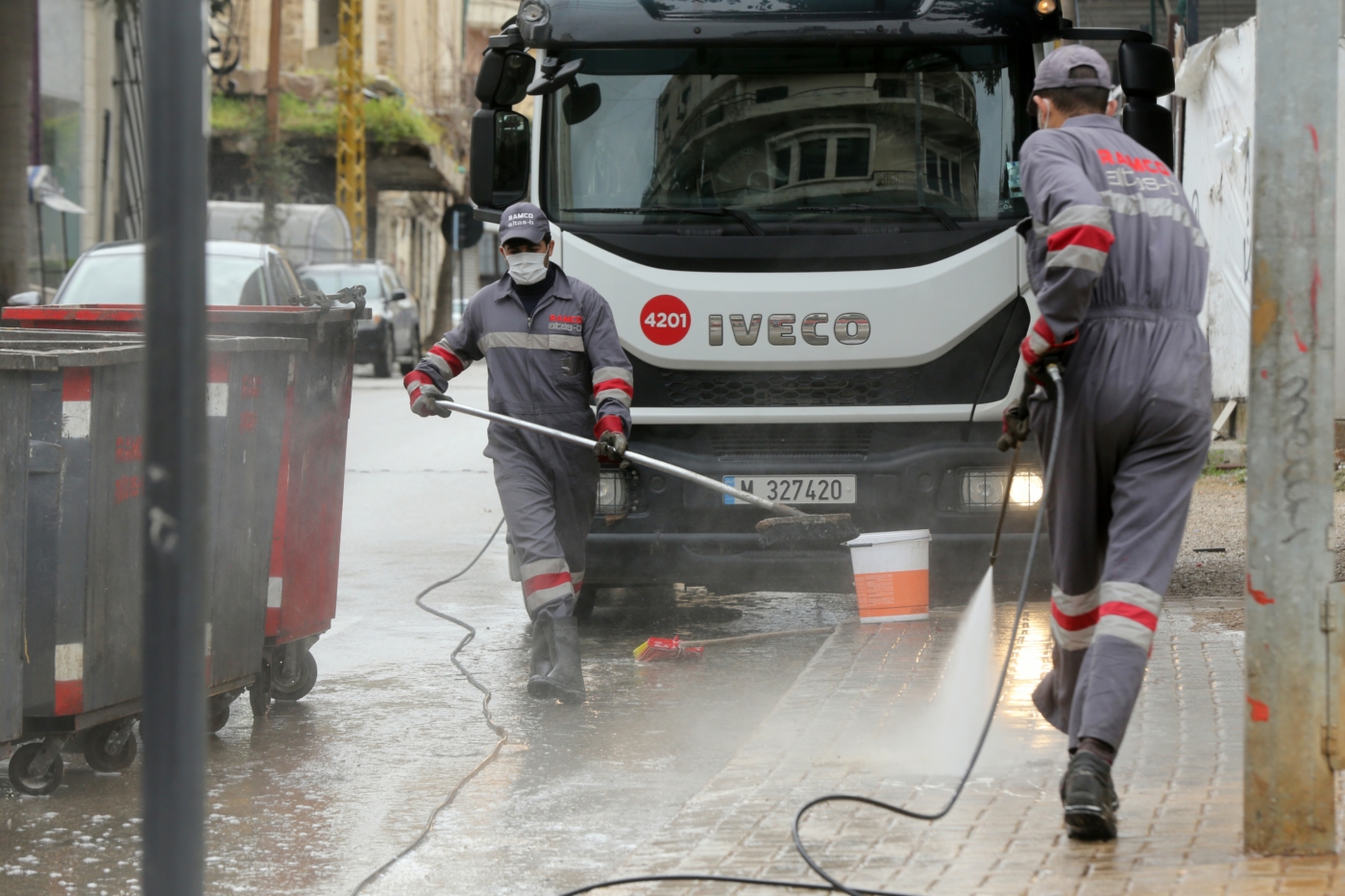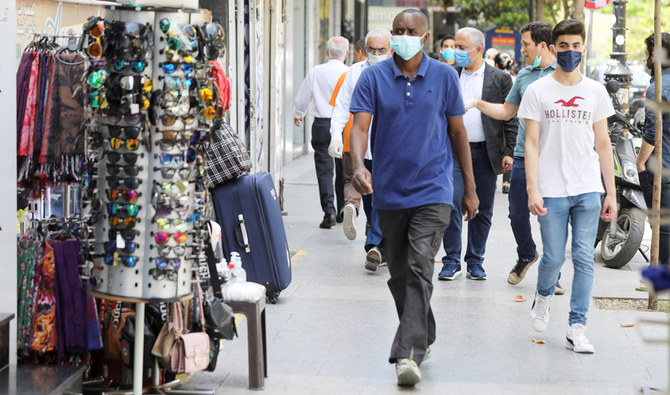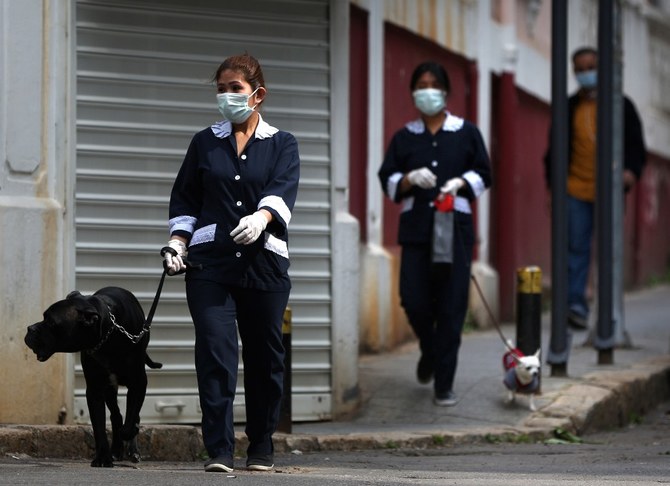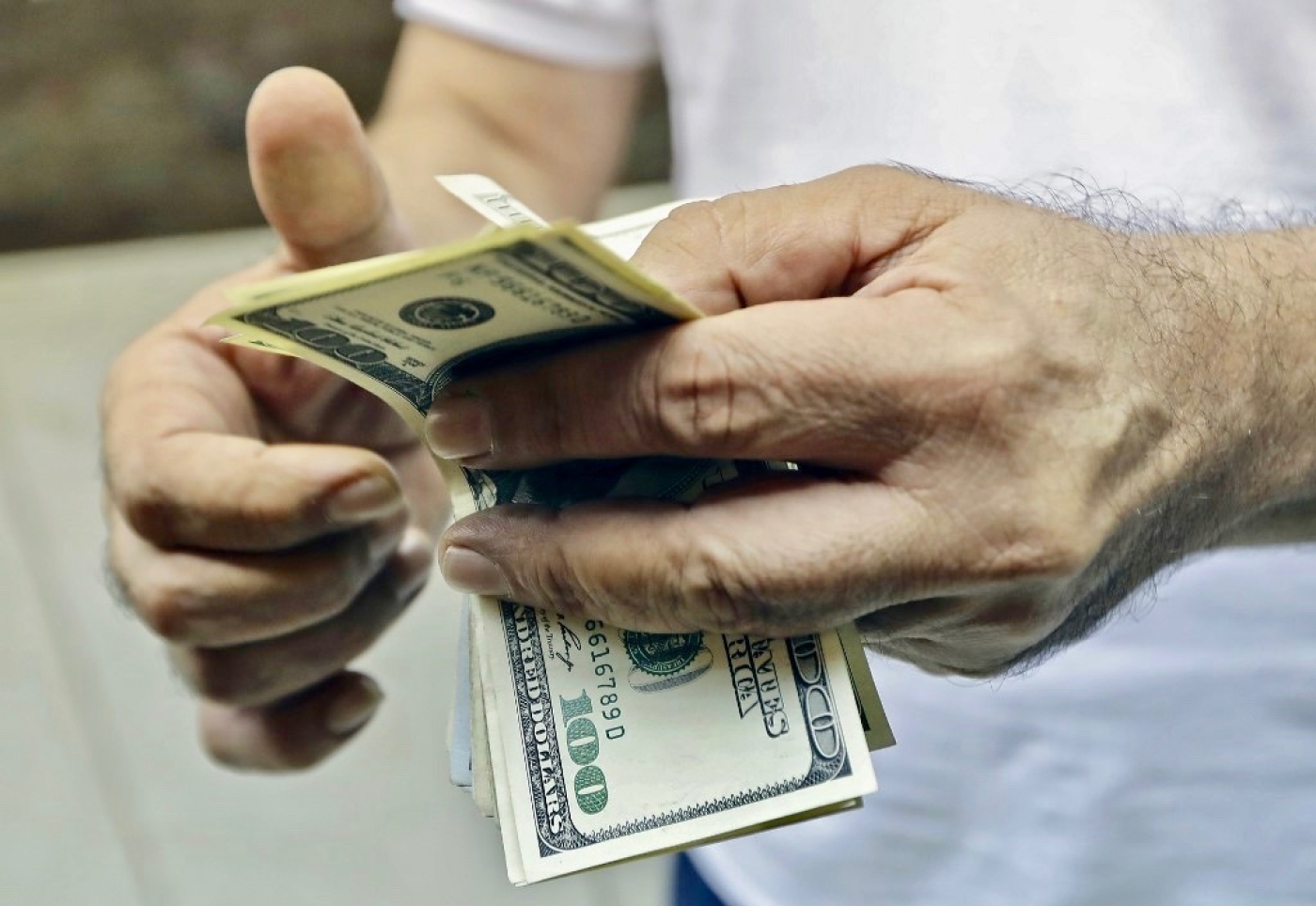
by bloomberg.com — Dana Khraiche — Lebanese banks are urging the government to sell state assets and defer maturities to avoid defaulting on its domestic debt and driving the country’s finances into an even deeper crisis. The Association of Banks in Lebanon made the recommendations in a response to the economic recovery plan the government is discussing with the International Monetary Fund after seeking $10 billion in assistance. Defaulting on domestic debt would “plunge Lebanon’s output to a level somewhere beyond Yemen’s and Cambodia’s and our people would be impoverished for the next decade,” Salim Sfeir, head of the banking lobby, said during a parliamentary committee hearing on Wednesday.
The government defaulted on $30 billion of Eurobonds in March and is now seeking to hold talks with bondholders, mainly local banks, to revamp its debt. That’s fueling concern among lenders that they may be driven to the wall. The country’s crisis has been years in the making, but financial conditions deteriorated rapidly in 2019 as political upheaval toppled the government of Premier Saad Hariri and foreign currency reserves began to run low, forcing businesses to turn to money changers for dollars they need to pay for imports. The banks are proposing that the government create a $40 billion “defeasance fund” that could settle its debt to the central bank “fairly,” according to a document seen by Bloomberg.
The fund would issue long-dated and interest-bearing securities to the central bank in exchange for a final settlement of the government’s debt. Lenders have parked more than half of their liquidity at the central bank, which holds about $34 billion in local currency debt. Banks would also negotiate a “relief package” on domestic bonds by offering significant coupon reductions through a voluntary debt exchange. They hold domestic debit valued at $14 billion. “This default-avoiding internal exchange can be executed both quickly and smoothly in the interest of all stakeholders,” according to the document. “Avoiding an internal default would indeed preserve existing and future depositors’ confidence.”

![Until recently, the telecom tycoon had been seen as a pillar of the Syrian government since al-Assad rose to power in 2000 [File: Louai Beshara/AFP]](https://www.aljazeera.com/mritems/imagecache/mbdxxlarge/mritems/Images/2020/5/19/a56d67eeab0a483c96f3c7adede21e9a_18.jpg)










